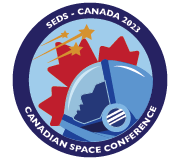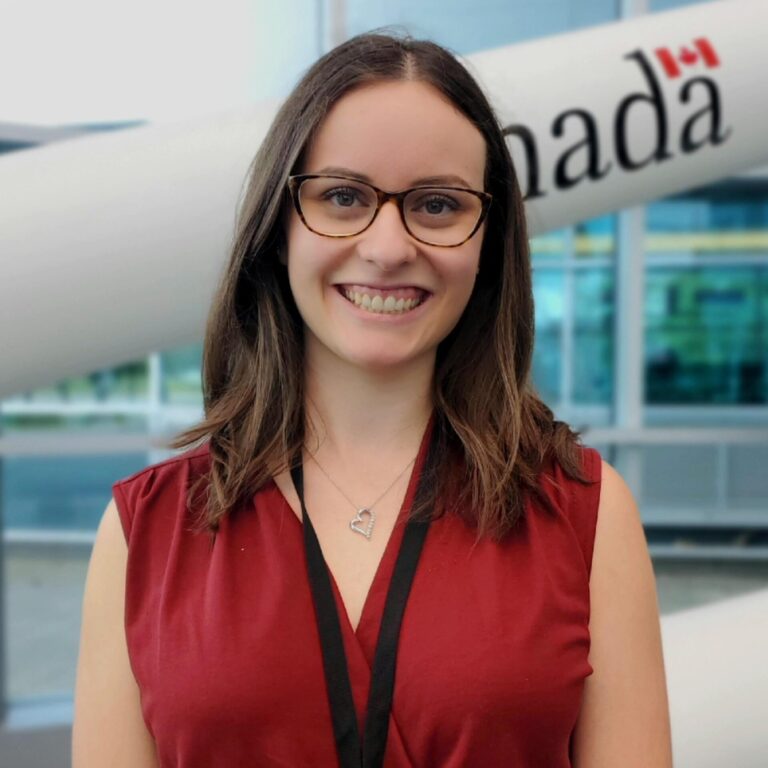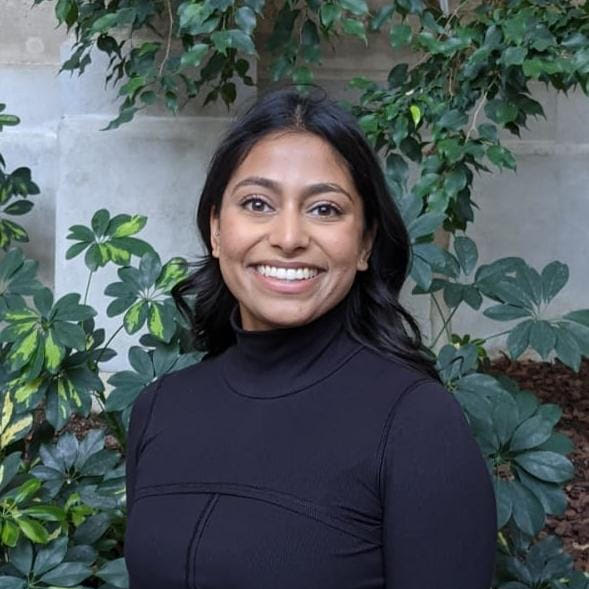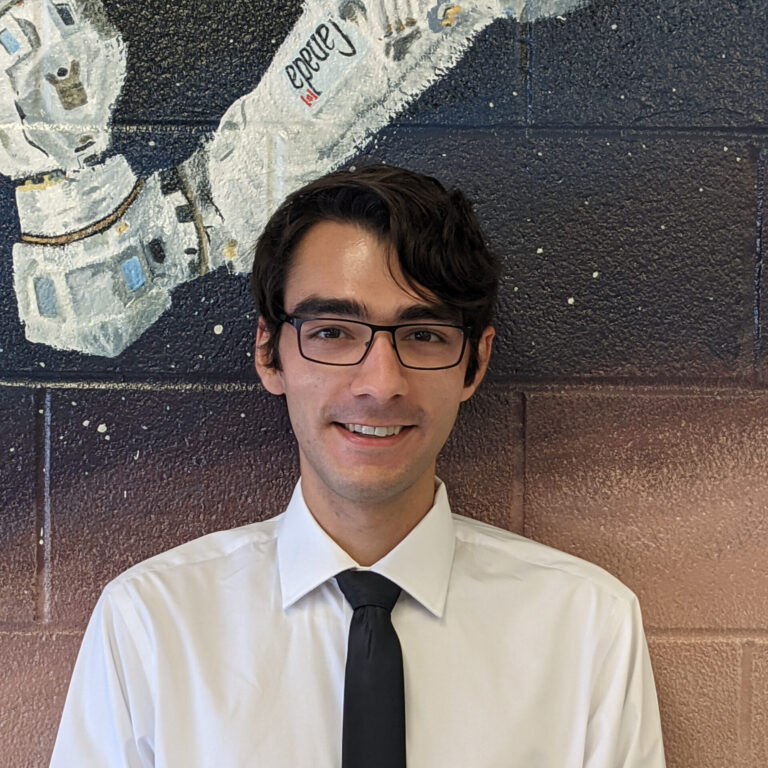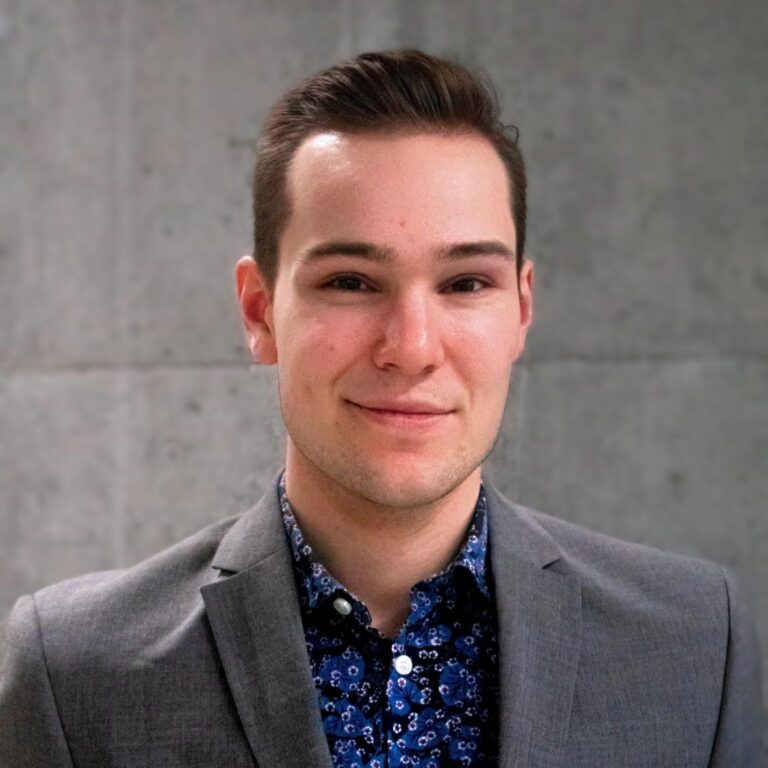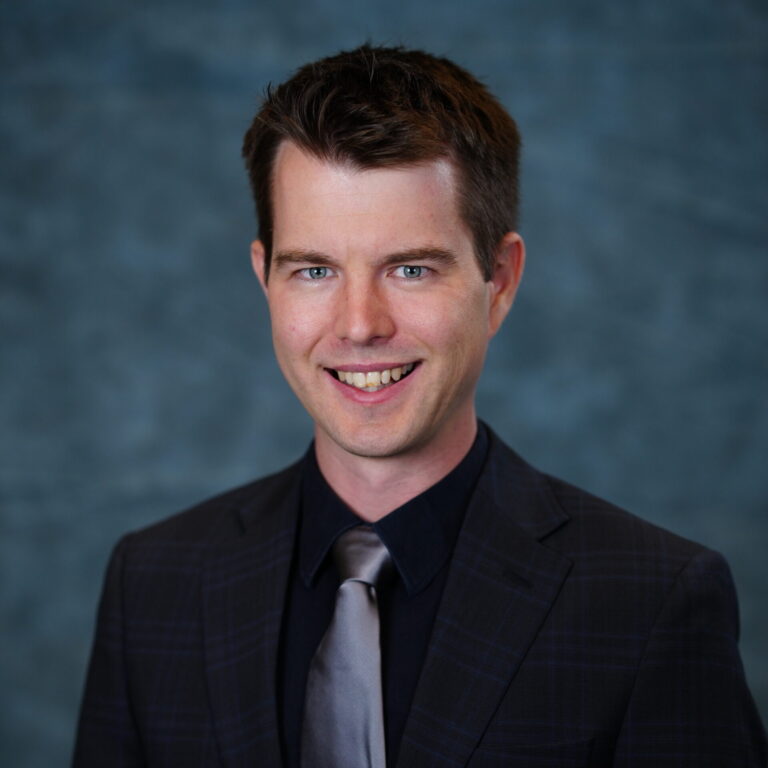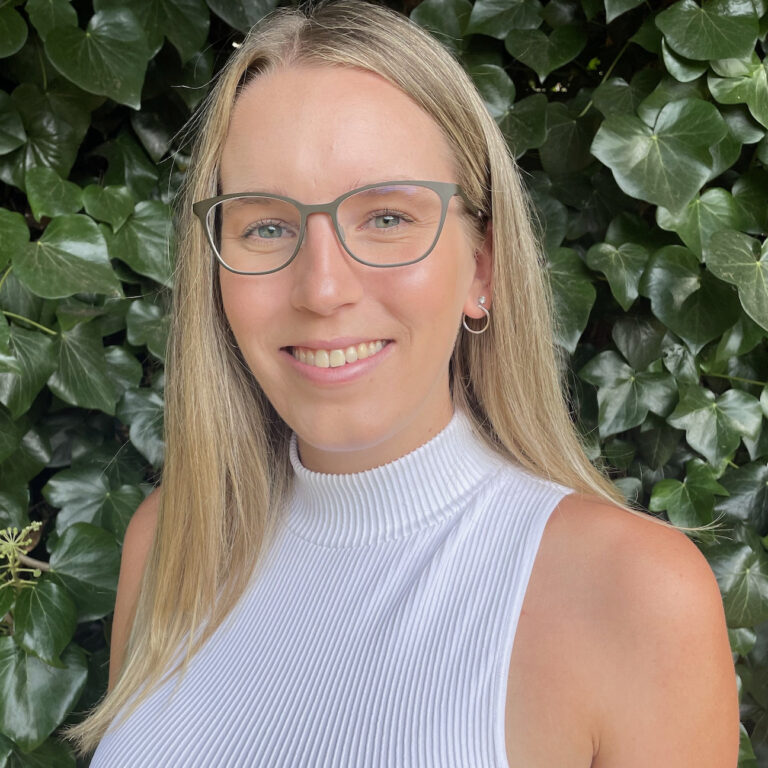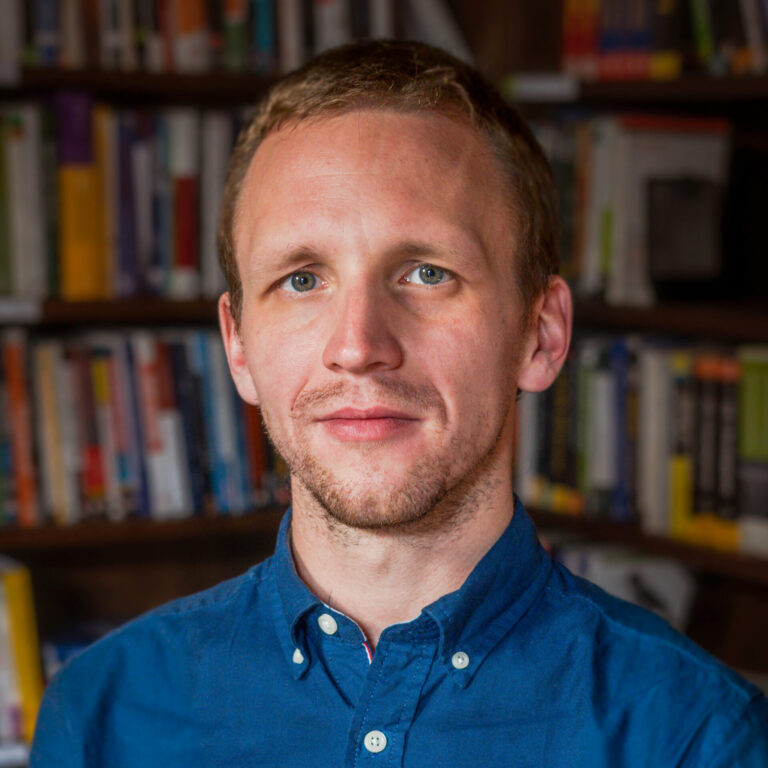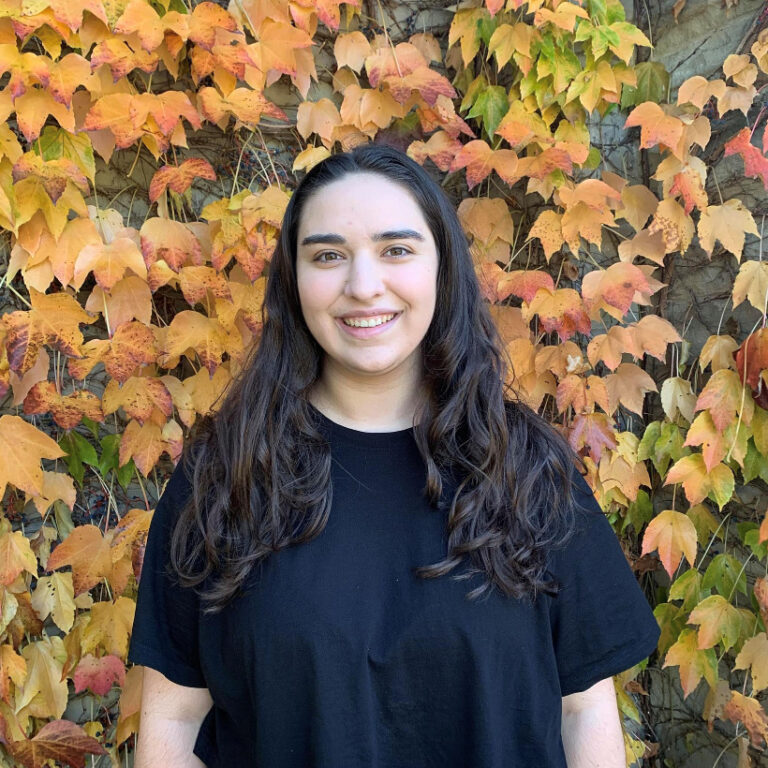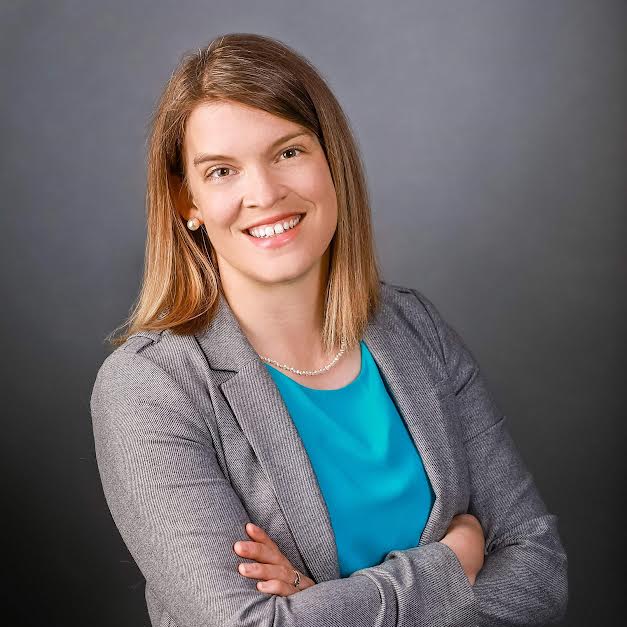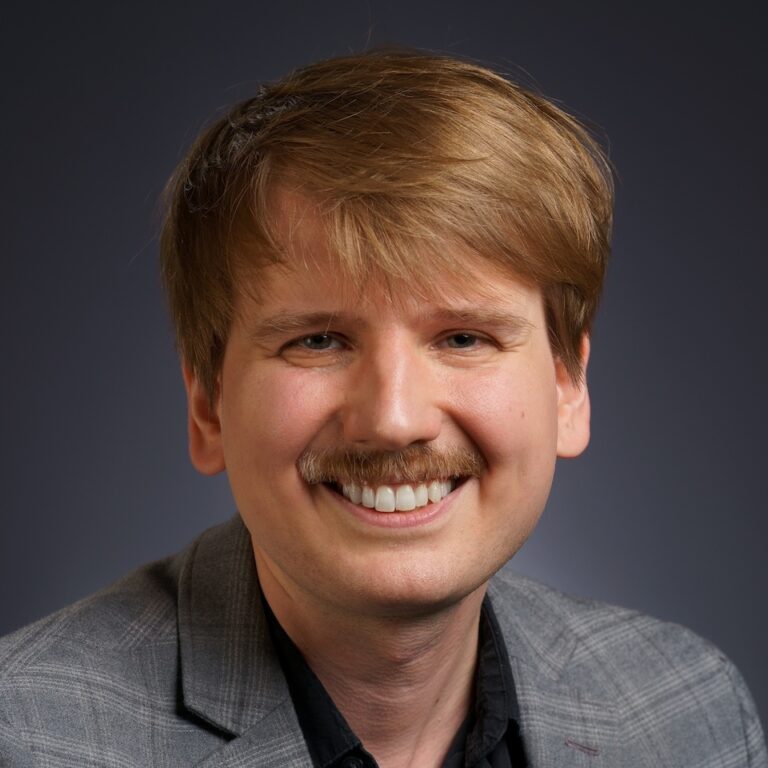Program for Day 2 — Sunday, January 29, 2023
Note for attendees: Please note that this program may be subject to change as the conference draws nearer (with additional speaker information coming soon), though the Conference team will strive to ensure this program appears as close to the final schedule as possible.
9:00 — 9:10 am
Welcome & Opening Remarks
9:10 — 9:25 am
Sunday’s Opening Keynote — Remarks from Mission Control Space Services
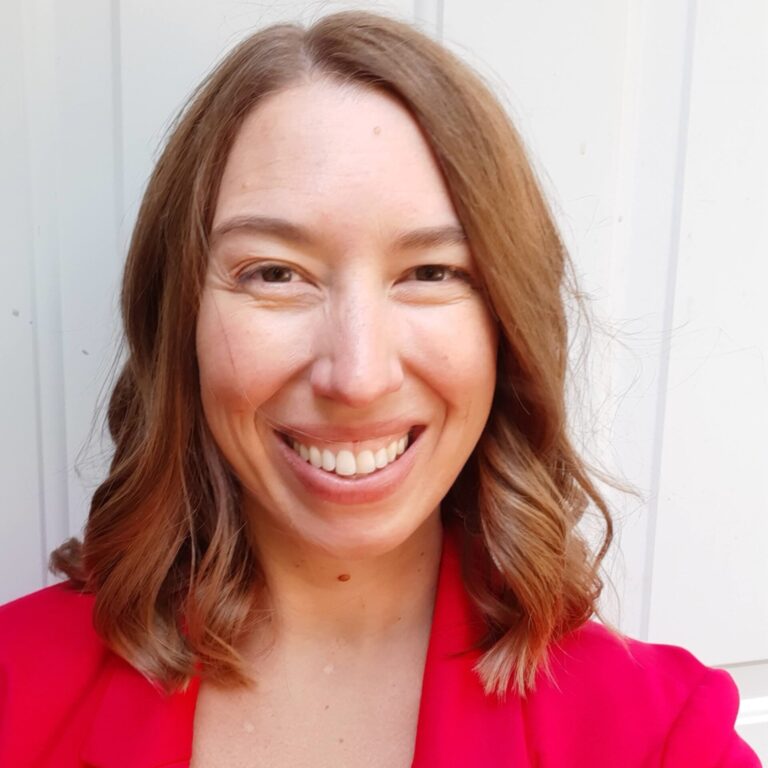
Dr. Melissa Battler (she/her)
As Chief Science Officer, Melissa guides technology development to meet the needs of scientists, and conducts mission operations research. As a planetary geologist, she has led more than 10 human and robotic mission simulations with CSA, NASA, Western University, and others in Moon and Mars analogue environments around the world. Melissa is an Adjunct Faculty member at both Western University and the International Space University. She attained her Ph.D. (Planetary Geology) from Western University, and holds a diploma in University Teaching and a M.Sc. (Geology) from the University of New Brunswick. In her spare time, Mel likes to hike, canoe, do yoga, and spend time with her family.
9:30 — 10:10 am
Health Beyond — Advancing Healthcare in Space and on Earth
Jocelyn Coulombe (she/her)
Jocelyn Coulombe is Project Support for the Health Beyond Initiative and the Operational Space Medicine Team at the Canadian Space Agency. She co-organized the 2022 Health Beyond Summit last November, and continues to support the CSA’s Connected Care Medical Module (or C2M2) Initiative towards advancing remote healthcare delivery on Earth and in space. Jocelyn’s education is in Biological and Medical Physics at the University of Guelph, and her research experience lies in the radiological health effects of spaceflight.
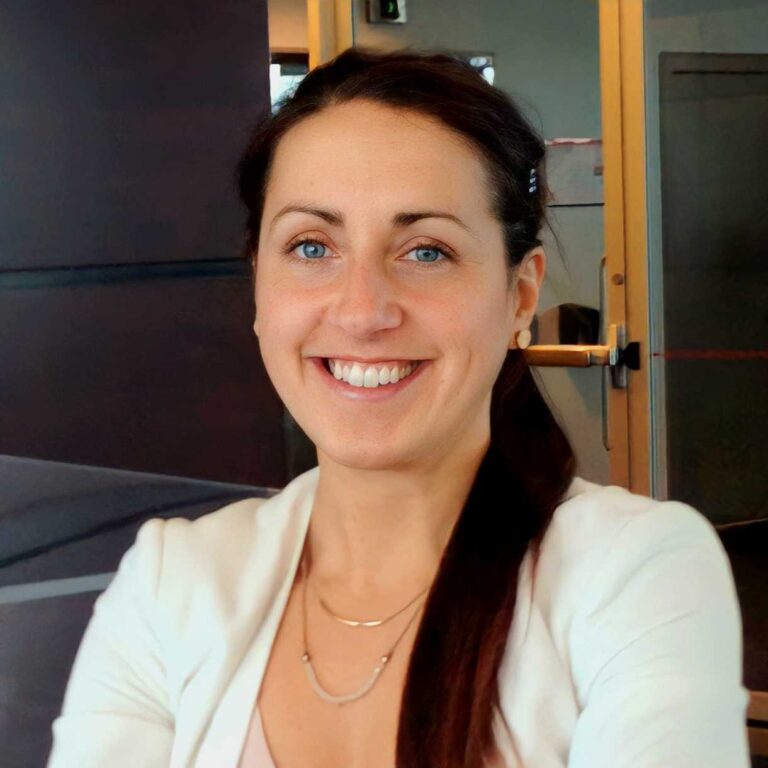
Annie Martin, PhD
Annie works at the Canadian Space Agency with the Operational Space Medicine group. She is the portfolio manager for the Health Beyond initiative, which aims at identifying and developing innovative health solutions for deep space missions as well as establishing partnerships that engage on the synergies between terrestrial and space healthcare challenges for the benefit of all Canadians, especially medically-isolated populations. She is involved in strategic and management activities such as engagement with the innovation ecosystem and remote health stakeholders, collaboration with international and national partners, technology development and demonstration. Annie holds a PhD in Industrial Engineering from Polytechnique Montreal.
Gurneet Jassal (she/her)
Gurneet Jassal is the Health Beyond Initiative Project Support and has recently completed her Master’s degree in Physiology and Pharmacology at Western University. Her research focused on the role of nitric oxide in cerebellar development. She began working at the Canadian Space Agency with the Health Beyond Initiative in 2022 and is excited to see how the space medicine sector grows and develops!
10:15 — 10:25 am
Space Flight Laboratory (SFL): 25 Years of Global Successes in Small Spacecraft Missions
Jacob von Chorus (he/him)
Jacob is currently working on a Master of Applied Science degree at the University of Toronto’s Space Flight Laboratory. There, he is learning to design, build, and analyze small spacecraft. He has a strong interest in electromagnetics which he has been applying to his graduate work. Prior to his master’s, Jacob completed his undergrad in Aerospace Engineering at Carleton University where he specialized in avionics. There, he worked on the satellite design team, developing a thermal imaging payload for a forest fire detection nanosatellite. Jacob also spent several years working in the high tech industry where he developed technologies for high performance video and imaging systems. Outside of school, Jacob enjoys teaching, the outdoors, and is an avid reader of science fiction.
Eric van Velzen (he/him)
Eric is an enthusiastic space engineer in training. He is currently completing his Master of Applied Science degree at the University of Toronto’s Space Flight Laboratory (SFL) where he has been involved in the mechanical design, building, and testing of small spacecraft for several missions. Eric will be graduating in August 2023. Eric is also a director at Zenith Canada Pathways Foundation, a non-profit delivering Canada’s first space fellowship. Zenith is supporting talent and building a more inclusive Canadian space industry with a focus on underrepresented groups.
10:30 — 10:45 am
15-Minute Coffee Break
10:45 — 11:25 am
AI in Space
Dr. Andrew James MacDonald (he/him)
Dr. Andrew Macdonald is the AI Product Manager at Mission Control where he advances artificial intelligence technologies and products for use in spaceflight applications. With a background in industrial aerospace and nanotechnology his expertise spans computer vision, remote sensing (SAR, EO/IR, hyperspectral), planetary science, and the development of machine learning standards and pipelines. Dr. Macdonald has previously led and executed computer vision AI projects and mission concept studies for ESA and the CSA, including experiments on ESA’s OPS-SAT satellite and training and deploying MoonNet, the first neural network set for deployment on the lunar surface. He has published multiple peer-reviewed works on the application of computer vision and machine learning to challenges in mission operations and anomaly detection. These include technical achievements in automated processing of airborne full motion video, satellite-based ship classification, and hyperspectral material detection. Andrew holds a Ph.D. from the University of British Columbia (Physics, 2017) and a B.Sc. from the University of Waterloo (Mathematical Physics, 2011).
Kelsey Doerksen (she/her)
Kelsey Doerksen is a PhD Student in AI and Machine Learning at the University of Oxford, passionate about using AI in Space to tackle climate change. She is currently a Visiting Researcher in Machine Learning and Instrument Autonomy at the NASA Jet Propulsion Lab where she uses AI and Earth Observation to understand and predict global air pollution. She has led projects on utilizing satellite telemetry with AI to study space weather with l’Observatoire de Paris, and developing new models to assist with autonomous terrain traversal for future Mars rover missions at NASA JPL. Kelsey was previously a satellite operator at Planet, operating the world’s largest Earth Observation satellite constellation. She holds a Masters in Electrical and Computer Engineering from the University of Western Ontario and a Bachelor’s in Aerospace Engineering, Space Systems Design from Carleton University.
Dr. Jakub Nalepa (he/him)
Jakub Nalepa (IEEE Senior Member) received his MSc (2011), PhD (2016), and DSc (2021) in Computer Science from Silesian University of Technology, Gliwice, Poland, where he is currently an Associate Professor. Jakub is the Head of AI at KP Labs where he shapes the scientific and industrial AI objectives of the company related to, among others, Earth observation, on-board and on-the-ground satellite data analysis, and anomaly detection from the satellite telemetry data. He has been pivotal in designing the on-board deep learning capabilities of Intuition-1, and has contributed to other missions, including CHIME and OPS-SAT. His research interests focus on (deep) machine learning, hyperspectral data analysis, signal processing, remote sensing, and tackling practical challenges which arise in Earth observation to deploy scalable EO solutions. Jakub was the General Chair of the HYPERVIEW Challenge at IEEE ICIP 2022 focusing on the estimation of soil parameters from hyperspectral images on board Intuition-1, to maintain farm sustainability by improving the agricultural practices.
11:30 am — 12:25 pm
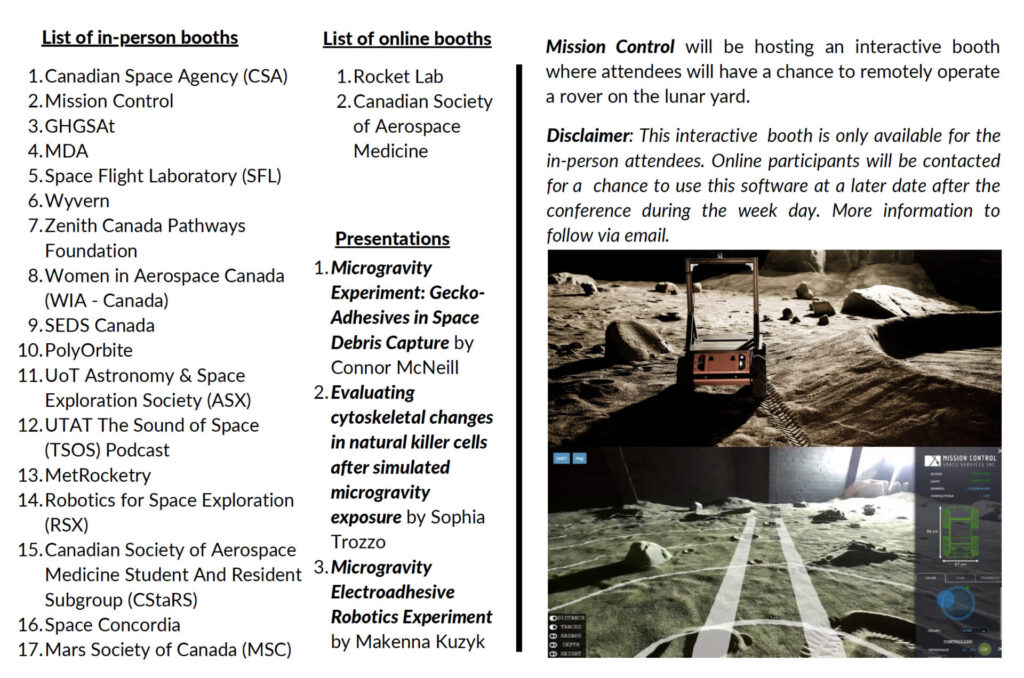
12:30 — 1:25 pm
Lunch Break
1:30 — 1:40 pm
Remarks by SEDS Canada: SEDS Membership Benefits
Sophia Trozzo (she/her)
Sophia is pursuing a Bachelor of M edical Sciences degree at Western University. Her long-term hobby of tracking night sky events and learning about space motivates her to one day pursue a career in space medicine. She was elected to serve as a Student Trustee from 2017-2019 and ensured that student voice was at the forefront of school board decisions. She then served as the Chief Executive Officer of the Ontario Student Trustees’ Association, the largest student stakeholder in Ontario education. Sophia joined SEDS-Canada to integrate her passions for student advocacy and space. She looks forward to learning more about the space industry and connecting with students passionate about space exploration. She is committed to inspiring students across Canada to get involved in space related STEM opportunities.
1:45 — 2:40 pm
The Artemis Mission: Toward Human Settlement on the Moon and Beyond
Marla Haring (she/her)
Marla is a Systems Engineer at MDA, currently leading Human Systems Integration and Maintenance teams for the Gateway External Robotics Program (Canadarm3). Other past program work includes contributing to hardware design build and test for the Space Infrastructure Dextrous Robot (SPIDER), a payload on NASA’s OSAM-1 mission. Prior to joining the MDA team, Marla was an Aerospace Engineering Officer in the Royal Canadian Air Force for 10 years. This allowed her to explore Canada and work with a variety of military aircraft including the CP140 Aurora, the CT142 Dash-8 and the CF18 Hornet. Her most memorable posting was as a project engineer with the Fighter Operational Test & Evaluation Flight in Cold Lake, AB -where she amassed significant backseat flying time in the CF18 Hornet while testing new technologies!
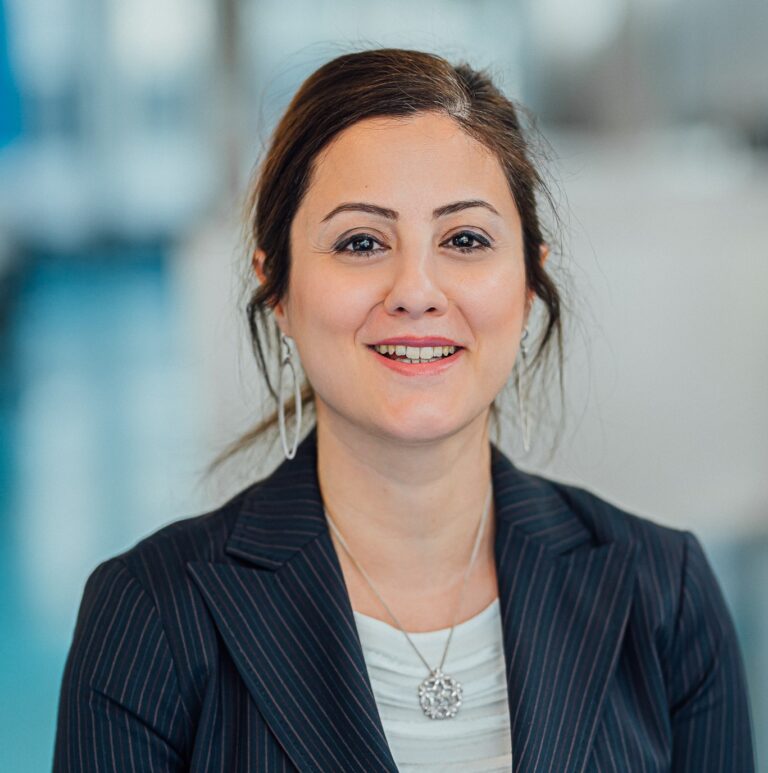
Dr. Pooneh Maghoul
Dr. Pooneh Maghoul is an Associate Professor of Civil Engineering at Polytechnique Montreal. Dr. Maghoul is an expert in the field of multiscale poromechanics for complex materials and processing. Her research focuses primarily on sustainable development of infrastructure which is resilient to climate change and geohazards on Earth and harsh environments in Space (low gravity conditions). Dr. Maghoul’s research programs deal with permafrost engineering, smart mining, self-healing geosystems, geo-structural health monitoring, non-destructive testing, as well as bio-inspired self-burrowing (soft) robotics, subsurface sensing, lunar and Martian infrastrucutre, and In-Situ Resource Utilization (ISRU) on the Moon and beyond. She is a recipient of several international and national awards such as the Outstanding Young Geotechnical Engineer award of the International Society for Soil Mechanics and Geotechnical Engineering.
2:45 — 3:25 pm
CASTOR: A Flagship Canadian Space Telescope
Dr. Tyrone Woods (he/him)
Dr. Tyrone Woods is a Plaskett Fellow at the National Research Council of Canada’s Herzberg Astronomy & Astrophysics Research Centre in Victoria, BC. There, he studies the physics of some of the most energetic events and objects in the Universe, by combining theoretical models with observations across the electromagnetic spectrum. He is also Science Co-lead for the CASTOR mission, a proposed flagship Canadian space telescope, planned for launch by the end of the decade. Before returning to Canada, he completed his PhD at the Max Planck Institute for Astrophysics in Munich, Germany, and held research fellowships in Australia and the UK.
3:30 — 3:35 pm
15-Minute Coffee Break
3:45 — 3:55 pm
Remarks by GHGSat
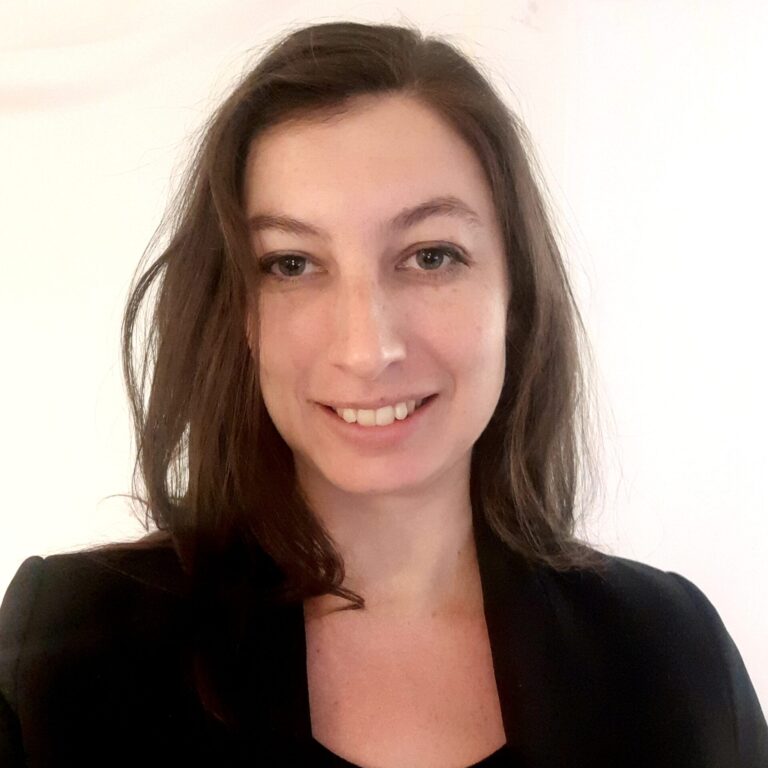
Dr. Marianne Girard (she/her)
Dr. Marianne Girard is the Data Products and Delivery Team Lead at GHGSat. She obtained a bachelor’s and master’s degree in physics from Laval University in Quebec and a PhD in astrophysics from the University of Geneva in Switzerland. She also participated in the International Space University’s Space Studies Program. She then worked as a postdoctoral research associate at Swinburne University in Australia, where she was also the Operations Coordinator at the control room for the Australian and Keck Telescopes. About a year and a half ago, she decided to combine her passions for space and the environment and joined GHGSat, where she now helps monitor and mitigate methane emissions using a satellite constellation.
4:00 — 4:40 pm
International Collaboration
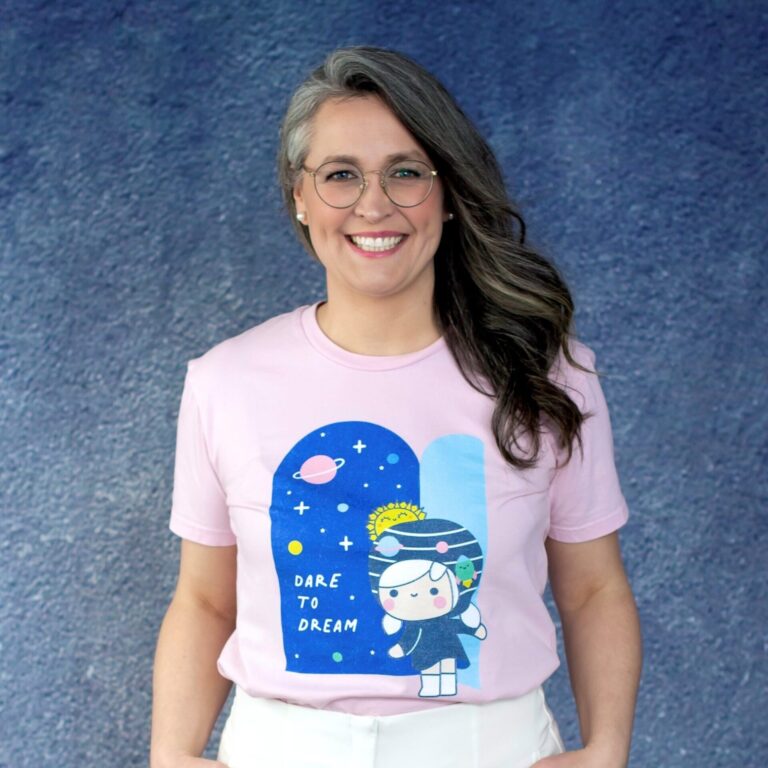
Julie Claveau (she/her)
Julie Claveau graduated with a degree in Physics and Astronomy. She is Program Scientist in Space Astronomy at the Canadian Space Agency (CSA) for Canadian contributions to missions like the James Webb Space Telescope and AstroSat. She is also CSA’s Co-Chair of the Women in STEM committee. She previously worked as an Earth Observation Mission Planner for the RADARSAT-2 mission and as Project Manager for the RADARSAT-1 Open Data project which aims to open this historical archive to the public. She also worked in military operations as Naval Warfare officer for the Canadian Navy and in public administration. Her passion for space started at a young age, stargazing for hours, which then followed with a passion with the physics of space and our place in the universe.
4:45 — 5:25 pm
Closing Keynote: The First Results of the James Webb Space Telescope
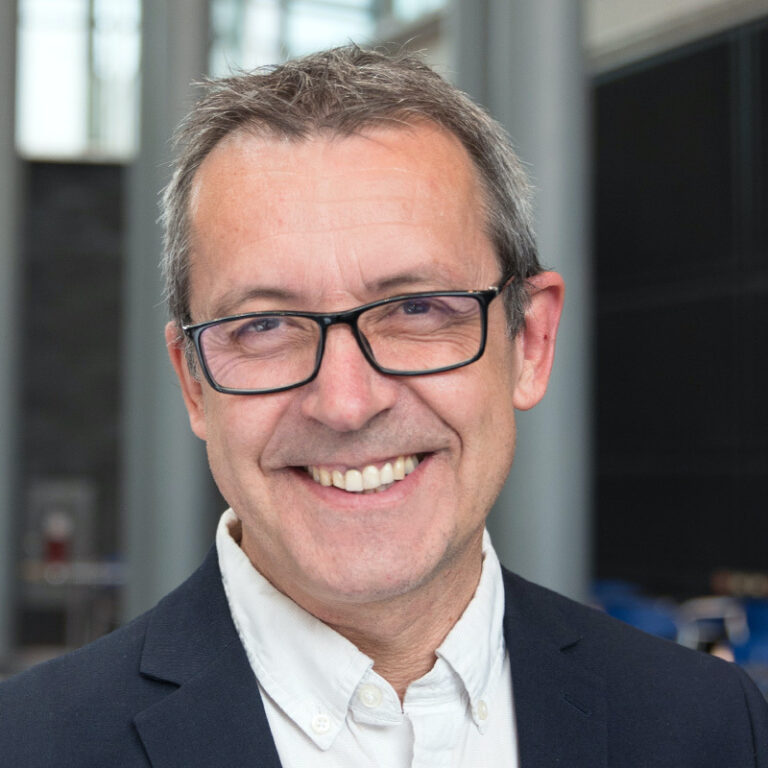
Professor René Doyon (he/him)
Prof. René Doyon is a professor at the University of Montreal, as well as the Director of the Trottier Institute for Research on Exoplanets and the Mont-Mégantic Observatory.
He is also co-principal investigator of SPIRou, a high-resolution infrared spectrograph installed on the Canada-France-Hawaii Telescope since 2018. Scheduled for operation in 2015, SPIRou is designed to detect terrestrial (Earth-like) planets within the “habitable zone” of low-mass stars in the solar neighborhood. He is also principal investigator of NIRISS, one of the four scientific instruments on the James Webb Space Telescope.
His research activities are focussed on the development of state-of-the-art astronomical instrumentation for various ground- and space-based observatories. He is also actively involved in various observational programs for detecting and characterizing brown dwarfs, exoplanets and young low-mass stars. On the instrumentation front, he leads several infrared instrumentation projects (camera and spectrograph) for the Observatoire du Mont-Mégantic. He is co-investigator of the Gemini Planet Imager, which has been operational since 2013.
